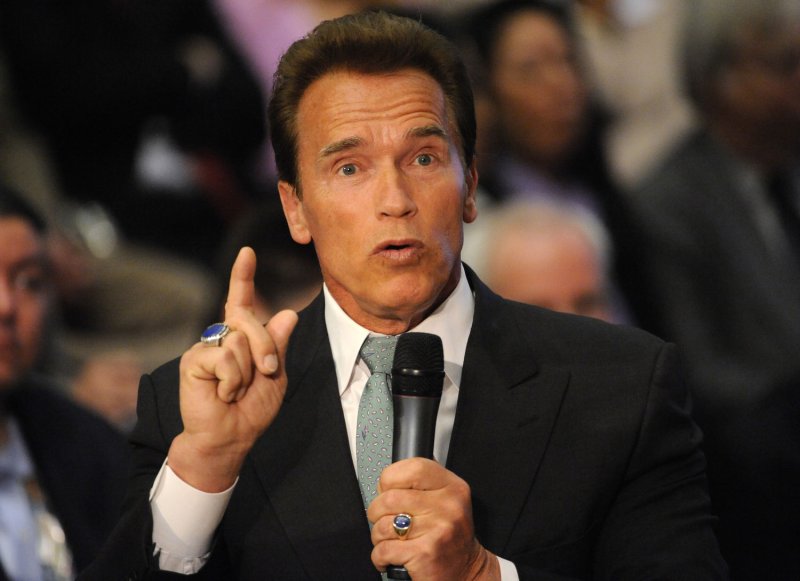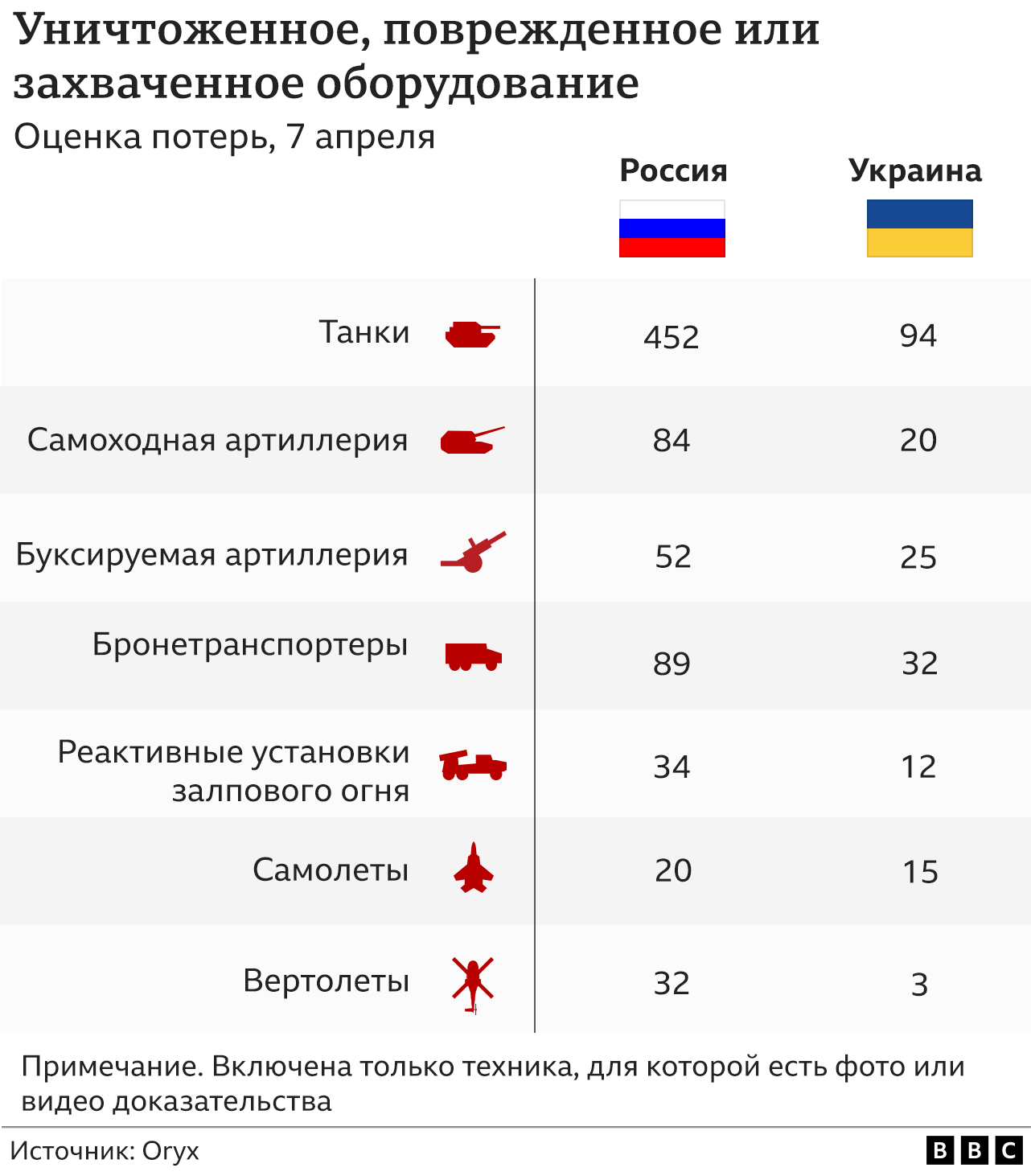Debate Needed: French Public Excluded From Key Defense Choices

Table of Contents
The French military plays a significant role in European security, a role that demands transparency and public accountability. However, growing concerns exist regarding the exclusion of the French public from crucial defense decisions. This lack of engagement raises serious questions about democratic oversight and public trust in national security policies. This article examines the critical need for a public debate surrounding key French defense choices.
<h2>Lack of Transparency in Defense Spending</h2>
<h3>The Opacity of the French Defense Budget</h3>
The complexities and lack of clarity surrounding France's military budget make it difficult for citizens to understand how their tax money is allocated. This opacity undermines public trust and hinders meaningful democratic oversight of defense spending.
- Examples of opaque budgetary processes: The lack of detailed breakdowns of spending on specific programs, the bundling of various projects within larger budget lines, and the absence of clear performance metrics for evaluating the effectiveness of military spending all contribute to a lack of transparency.
- Comparisons with other European nations: Many other European countries provide more detailed and accessible information on their defense budgets, allowing for greater public scrutiny. This makes France’s approach seem even more problematic.
- Impact on public trust: The lack of transparency fuels cynicism and erodes public confidence in the government's responsible management of public funds. Citizens are left wondering if their money is being used efficiently and effectively.
Specific examples of projects with unclear funding allocations should be included here, along with references to relevant government reports or the lack thereof. For example, citing specific instances where budget items are vaguely described or lack justification could strengthen this argument.
<h3>The Secretive Nature of Arms Procurement</h3>
The process of acquiring new weapons systems in France often lacks public consultation and debate, further raising concerns about transparency and democratic accountability in French defense choices.
- Examples of recent major arms purchases: A detailed examination of recent major arms acquisitions, including the costs, the companies involved, and the rationale behind the purchases, is crucial here.
- Lack of public hearings or consultations: The absence of public hearings or consultations before major arms procurement decisions undermines the public's ability to participate in the process and express concerns.
- Potential conflicts of interest: The potential for conflicts of interest between government officials, defense contractors, and lobbyists needs to be addressed. Transparency in procurement processes helps to mitigate such risks.
Details about the procurement processes, the companies involved (e.g., Thales, Dassault Aviation), and the substantial costs involved should be included, ideally with cited sources.
<h2>Limited Public Consultation on Strategic Defense Policy</h2>
<h3>The Absence of Meaningful Public Debate on Defense Strategy</h3>
Opportunities for the French public to contribute to or even understand the country's broader defense strategy are extremely limited. This absence of meaningful public engagement weakens democratic control over crucial French defense choices.
- Examples of key strategic defense decisions made without public input: Identifying specific instances where major strategic decisions were made without any public consultation highlights the problem.
- The role of parliamentary oversight: While parliament plays a role, its oversight often lacks the depth and breadth needed to ensure meaningful public engagement. Analyzing the effectiveness of parliamentary oversight is crucial.
- Impact on public support for military actions: Lack of public debate can lead to a disconnect between the government's defense strategy and public opinion, potentially undermining support for military interventions.
Specific policy papers or statements should be referenced, along with an analysis of the influence of expert opinion versus public opinion in shaping defense strategy.
<h3>The Challenges of Engaging the Public on Complex Defense Issues</h3>
Communicating complex defense topics to the public is challenging, but it’s crucial to make a genuine effort.
- Challenges in communicating technical information: Simplifying complex technical information in an accessible and engaging manner is paramount.
- Importance of clear and accessible language: The use of clear and concise language, avoiding jargon and technical terms, is key to effective communication.
- The need for public education initiatives: Investing in public education initiatives aimed at increasing public understanding of defense issues is essential.
This section should suggest practical steps the government could take to improve public engagement, including town hall meetings, public forums, easily accessible online resources, and informative media campaigns.
<h2>The Impact of Excluding the Public on Democratic Accountability</h2>
<h3>Eroding Public Trust in Defense Institutions</h3>
A lack of transparency and public engagement damages the public's confidence in the military and the government's handling of national security.
- Evidence of declining public trust in surveys or polls: Referencing relevant surveys or polls demonstrating declining public trust in defense institutions would strengthen this point.
- Potential consequences for recruitment and military morale: A lack of public trust can negatively impact military recruitment and morale.
Specific sources illustrating declining public trust should be cited to support this claim.
<h3>Weakening Democratic Control over Military Actions</h3>
The absence of public debate undermines democratic control and accountability in decision-making related to the use of military force.
- Examples of military interventions where public opinion was not adequately considered: Specific examples where public opinion was disregarded when making decisions about military intervention should be included.
- The role of the press in holding the government accountable: While the press plays a role, it cannot fully replace the need for direct public engagement.
Specific instances where public opinion was disregarded, and how this contrasts with democratic ideals, should be discussed.
<h2>Conclusion</h2>
The exclusion of the French public from crucial defense choices poses a serious threat to democratic accountability and public trust. Increased transparency in defense spending, meaningful public consultation on strategic policy, and robust mechanisms for engaging citizens on complex defense issues are vital. Only through a frank and open national debate on French defense choices can France ensure a strong, secure, and truly democratic future. We urge our readers to participate in the ongoing discussion surrounding French defense choices and demand greater transparency and public involvement in these critical decisions.

Featured Posts
-
 Russell Westbrooks Nuggets Game Against Spurs A Look At Fan Sentiment
May 04, 2025
Russell Westbrooks Nuggets Game Against Spurs A Look At Fan Sentiment
May 04, 2025 -
 Zaigralsya S Ukrainoy Makron I Ugroza Poteri Alzhira
May 04, 2025
Zaigralsya S Ukrainoy Makron I Ugroza Poteri Alzhira
May 04, 2025 -
 Joseph Parker Vs Martin Bakole A Heavyweight Showdown
May 04, 2025
Joseph Parker Vs Martin Bakole A Heavyweight Showdown
May 04, 2025 -
 Golden Knights Stanley Cup Playoff Run A Strong Contender
May 04, 2025
Golden Knights Stanley Cup Playoff Run A Strong Contender
May 04, 2025 -
 Bradley Cooper Directs Will Arnett On Is This Thing On Late Night Nyc Shoot
May 04, 2025
Bradley Cooper Directs Will Arnett On Is This Thing On Late Night Nyc Shoot
May 04, 2025
